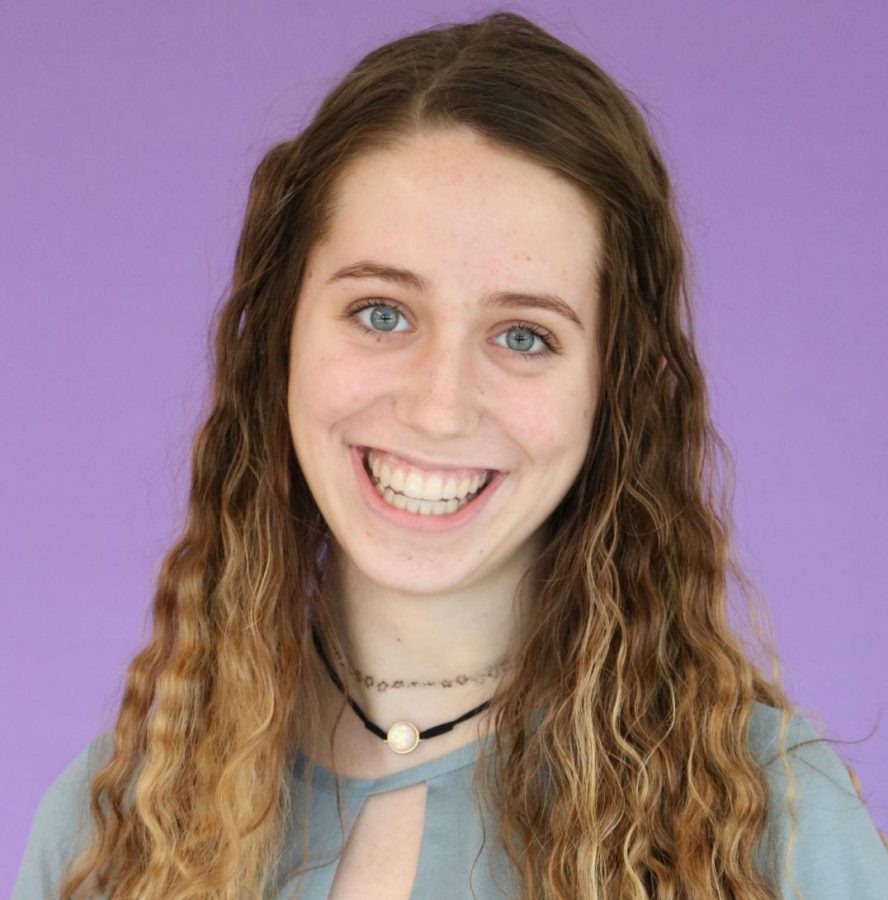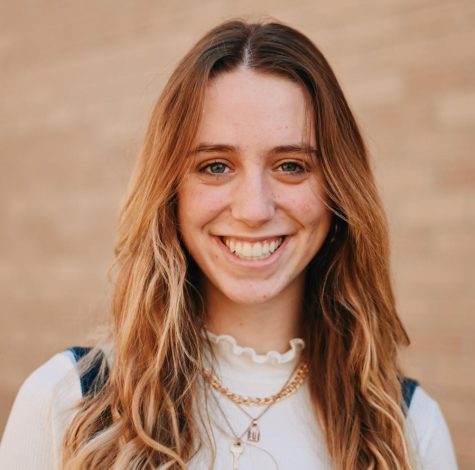Ivy leagues are overhyped
Junior Emma Johnson describes why she feels Ivy League schools get more recognition than they deserve.
January 15, 2020
Ivy League fever has swept the nation with these schools reaching a record number of applications and the lowest acceptance rates in their histories. This leaves people to go to extremes to get in. For one family, that was paying $1.2 million in order to make their daughter a fake athletic profile so she could get into Yale.
Looking at the lengths people go through to get in you would think these schools are the end-all, be-all for success. But they aren’t, that’s just the culture we’ve built around them.
In actuality, the only group that truly experiences a salary increase from attending an elite school are those who are Latino, black, low-income or first-generation college students, according to a study done by The National Bureau of Economic Research done this year.
However, Ivy Leagues don’t focus on the students that could actually benefit from attending them. Princeton, Yale, Dartmouth, Penn and Brown have more students from the top 1 percent of the income distribution than from the bottom 60 percent, according to a 2017 study done by the Equality of Opportunity Project.
Instead of using their resources and power to help underprivileged kids or minorities Ivy Leagues favor the kids who are related to big donors and have an easier path to success because of their wealth.
These elite universities promise world-class education, but almost every college can make that same promise especially with many universities adding honors colleges that provide extra benefits and resources to those want it.
Harvard Alumna and BVNW parent Kristen Thurlby said that while she enjoyed her time at Harvard she believes you can get a good education anywhere.
“It does come down to who I knew there and what extracurriculars I did. Very little memories do I have about my classes. You can get the same academic experience basically anywhere,” Harvard Alumna and BVNW parent Kristen Thurlby said. “The majority of students who go to college, they are not going for a specific academic program. They’re just going to go to college and have a college experience.”
Still, students sacrifice their last four years of childhood and fill it with course rigor, competitive GPAs, and perfect ACT/SAT scores, and they still aren’t guaranteed to get in. Of course it’s always good to work on being a better student, but not the extreme where one is up until two a.m. every night working on homework and missing out on any real chance to be a teenager.
Often times students fall into the trap of feeling like they need to go to the most elite school they can get into rather than finding a school that meets their needs. Students shouldn’t have to feel like they need to sacrifice their happiness to fit into ideals.
“If I consider other variables and factors, like what makes me happy, you know, I’d be interested in going to a school with a big-time sports program that was in warm weather and by the beach and by water,” Cornell alumnus and BVNW consular Geiger said. “And Cornell didn’t have any of that. I never asked myself that, you know. So in that sense, I could have had a better experience somewhere else.”
Even if they believe an Ivy League school is the best-fit, students can work their whole high school career to get in and still not make it because admissions can be based on factors students have no control over. A disadvantage BVNW students face is that Ivy League schools take the majority of students from the East Coast with only 9.9 percent of Harvard’s class of 2023 being from the Midwest.
Students are often drawn to Ivy League schools because they believe it is critical for a successful future. However, a 2017 study done by researchers at the University of California Riverside found that out of a group of 3,990 senior executives from different sectors, including government leaders, only 10 percent attended an Ivy League school. Therefore not going to Ivy League doesn’t hold one back in the professional world.
“[Ivy League Schools] have all these resources and amazing teachers and wonderful things, beautiful campuses, but are you choosing it because of the name like I did or are you choosing because they have, you know, programs and factors and variables that are extremely important to you?” Geiger said. “I think unfortunately the majority of the kids applying to schools are applying to the schools because of the name and what they’ve heard growing up and you know, kind of a whole culture around it.”
While there are some cases where an Ivy League is the right fit for a student, most times there is a better option. As college decisions approach for seniors it is important to remember that brand name isn’t everything. Ivy Leagues have great resources but so do many other colleges. It’s important to find what makes you happy and follow where that leads you.





BVNW alum • Apr 26, 2021 at 12:11 pm
Ngl it’s pretty funny when this girl tries to trash elite schools… and then can’t even spell “counselor” correctly.
Emilie ramos • Jan 22, 2020 at 9:16 am
wow. I read this article on the best of snow website and it truly makes you think about your future. I am a senior now and i recently stopped caring what college i wanted to go to because i was going to get the same info for the first two years no matter where i go. Now all i care about is getting scholarships so i can afford to go whatever college i want to go to. Amazing article…Congrats!